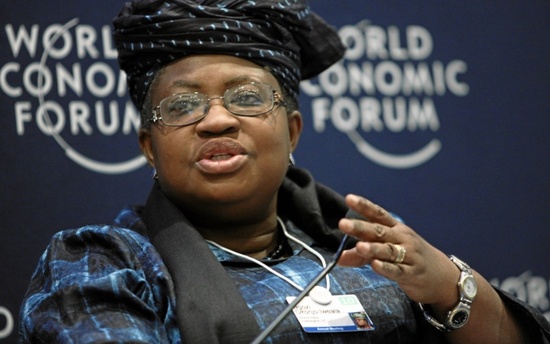The race for the next President of the World Bank Group has taken several unexpected turns over the past weeks. Initially, Timothy Geithner, Hillary Clinton and Larry Summers emerged as possible contenders. Geithner and Clinton quickly ruled out their candidacies. Larry Summers declined to rule himself out, which was widely seen as a sign that he is interested. Summers’ potential candidacy, however, caused outrage from several sides even before it had been officially announced. The qualified yet socially awkward former Secretary of the Treasury and former President of Harvard University has made many enemies during his career, and the Obama administration is right to fear that Summers could turn into a liability both at home and abroad. In addition, any non-U.S. American candidate was seen as too risky for the Obama administration.
It was in this context that Susan Rice, the US Ambassador to the United Nations, emerged as the likeliest candidate to get the job. As I argued in a recent post, Rice was considered an ideal choice for being both qualified and unlikely to upset any factions that have a say in the selection process. Or so you would think.
Early today, buzz in the World Bank corridors was rife that China had signaled its reluctance to support the Rice candidacy, reflecting lingering bitterness about her unusually explicit condemnation of the Chinese and Russian veto against a resolution against the Syrian regime in February. Rather than using diplomatic language, Rice had declared the United States were “disgusted that a couple of members of this Council continue to prevent us from fulfilling our sole purpose here.”
Susan Rice is unlikely to regret her comments. If not heading the World Bank, she will be the top contender to succeed Hillary Clinton as the US Secretary of State, a job arguably more interesting than that of World Bank President.
With the Rice candidacy in trouble, Larry Summer’s chances seem to have surged yet again. Still, he is far from the ideal choice, and rumurs are the White House could come up with a surprise on Friday, when governments must submit their candidates.
Things turned more unpredictable still when it emerged that Nigerian Finance Minister Ngozi Okonjo-Iweala (pictured above) and former Colombian Finance Minister Jose Antonio Ocampo are set to be nominated by South Africa and Brazil respectively. Ms. Ngozi Okonjo-Iweala is seen as highly-qualified, yet voices in the Bank question her management skills. Okonjo-Iweala was already considered as a possible replacement for former World Bank President Paul Wolfowitz. She is probably the most qualified candidates of all, with years of hands-on experience in development and in the fight against corruption. Ocampo, supposedly nominated by the Brazilian government, may end up undermining a strong support base for Okonjo-Iweala, which would be necessary to seriously challenge the U.S. American choice. Despite all this, a non-American candidate remains a long shot since the United States and Europe have half of the votes in the Bank, and it is far easier for them to support a single candidate then for the rest of the world – as became obvious last year, when Lagarde won handily. Still, with China’s opposition to the Rice candidacy, the race is once again wide open.
Read also:
FGV ranks among World’s Top Thirty Think Tanks
BRICS: What’s in it for Brazil?
The trouble with the BRICS Candidate for the World Bank
Photo credit: Remy Steinegger









